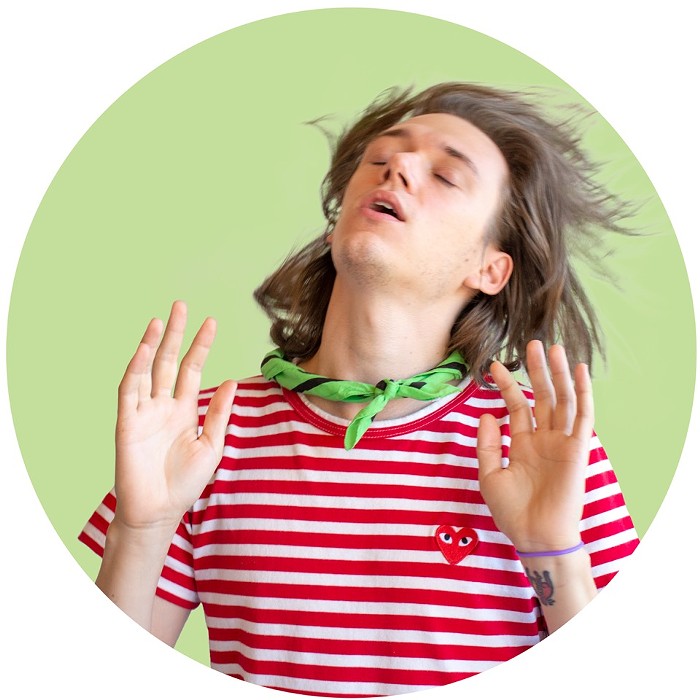Before their recent death transformation, our dear friends at the Seattle Weekly ran an editorial titled "Don't Punch Nazis—Yet," arguing that Seattle has not reached a place where violence is an answer to fascism—"yet." Citing vehicular homicide in Charlottesville, throat-slitting on passenger trains in Portland, and gunshots on the University of Washington's Red Square, others argue, as Primo Levi once wrote—and Incubus once sang—Seattle Weekly, if not now, when?
The debate about punching Nazis isn't new, as Mark Bray explains in Antifa: The Anti-Fascist Handbook. (Bray reads at the University Book Store on November 11.) The "handbook," which is really more of a textbook, describes how older Jews in the mid-1930s often criticized younger Jewish anti-fascist organizers who were "copying the Nazi violence which we loathe and detest." Their criticism did little to prevent the rising tide of fascism and the ensuing genocide. Our way of remembering this period, unfortunately, appears to be repeating this dead-end debate.
If we're going to keep this up, can we at least start talking about, as one organizer tabulated, "the 97 percent of anti-fascist activity that doesn't involve a violent confrontation"?
Bray's Antifa is a good place to start. The handbook offers readers their first "transnational history of postwar anti-fascism in English," and, according to Bray, their most comprehensive. When reading, it's quickly clear that violence is a final tactic treated as self-defense, and it's something antifa organizations quibble over, too. Reducing the entire range of anti-fascist activity—which is overwhelmingly nonviolent—to the question of a punch is far more dangerous than a fistfight.
When we focus on punching Nazis, we fail to celebrate nonviolent anti-racist organizing (which always was anti-fascist, according to historian Robert Paxton, who argues that fascism "functionally" originates in America with the KKK), to laud the activists who convince private venues to reject white supremacist clients, and to think about the implications of doxxing white supremacists.
As he lectures on the history of European postwar antifa up to today's antifa organizers in the Pacific Northwest, Bray touches on some of these things, as well as anti-Nazi punks, Italian feminist witches, and how the alt-right recruits dudes who like My Little Pony. (Seriously.) The latter half of the book reads like a Jehovah's Witnesses pamphlet, but instead of offering a Q&A about eternal salvation, Bray poses and answers questions such as "Are Anti-Fascists Anti-Free Speech?" (His short answer: Fascists aren't entitled to free speech, so nah nah nah.)
It's unclear if Seattle Weekly will be able to update their "don't punch Nazis" stance. That paper, as we've known it, is now dead. But while we mull over the precise moment when "don't" becomes "do," Antifa urges people to organize against fascism before it organizes against us.




















